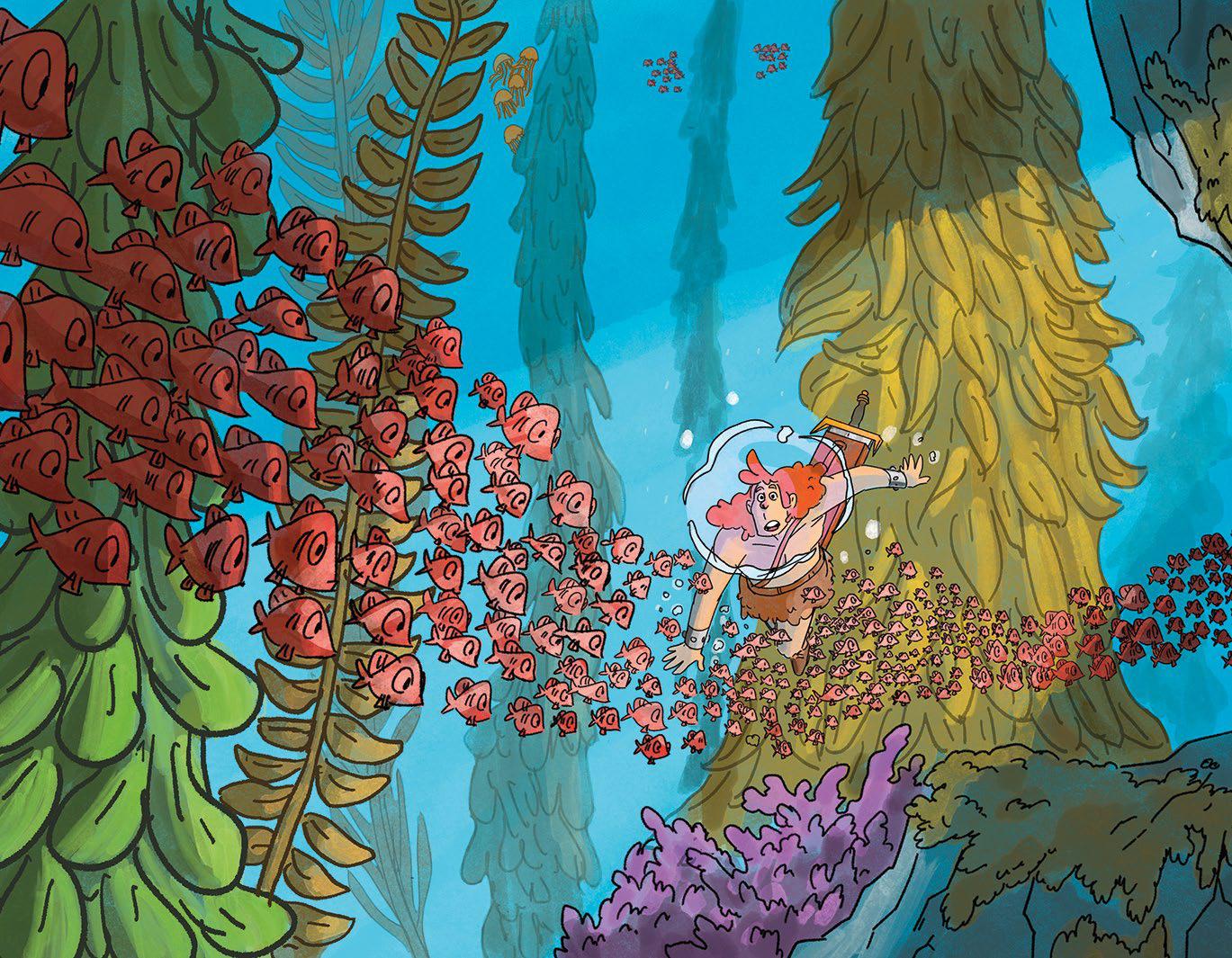
Working at a big studio certainly has its perks. Larger studios have luxurious facilities, and the projects you'll work on often have bigger, better budgets.
But sometimes less really is more; a stint at a smaller company where you have to work within tighter constraints can boost creativity and make you a smarter, faster animator. You also might get the chance to work across a variety of roles on different kinds of projects, and experience more of the pipeline than you would working at a bigger organisation.
A director and storyboard artist, Kelsey Norden has spent time working at large studios such as Disney Television Animation and Warner Bros. Animation, as well as smaller outfits such as Six Point Harness, OddBot and Stoopid Buddy Stoodios. She explains that if you've only ever worked at a big studio, there's valuable perspective to be gained from taking on a job at a company with a lower headcount.
BIG JOB, SMALL BOX
"Smaller studios tend to have smaller budgets, so it forces the artist to do creative problem-solving to make a big ask from a client fit into a small box," Kelsey tells ImagineFX. "You'll miss the nicer office chairs, the big standing desk, and the fancy kitchen with fresh fruit, but you'll gain a new bag of tricks to take with you to any future project."
Her roles at smaller organisations all taught her ways to squeeze the most out of every single frame. Kelsey adds: "Titmouse, before they grew to the size they are now, taught me how to get a lot of character out of a little animation. OddBot taught me how to make a CG show on a budget; what parts of the show are most expensive, such as new characters, fur, and props; and how it's built differently in storyboards when compared with a 2D show, as camera moves are cheaper than new shots, which can be the opposite in 2D.
This story is from the August 2024 edition of ImagineFX.
Start your 7-day Magzter GOLD free trial to access thousands of curated premium stories, and 9,000+ magazines and newspapers.
Already a subscriber ? Sign In
This story is from the August 2024 edition of ImagineFX.
Start your 7-day Magzter GOLD free trial to access thousands of curated premium stories, and 9,000+ magazines and newspapers.
Already a subscriber? Sign In
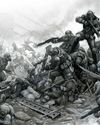
PAINT EPIC BATTLES IN TRADITIONAL INK
Warhammer illustrator THOMAS ELLIOTT shows you how to create an epic science fiction fight scene with this step-by-step guide
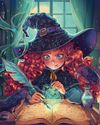
CONJURE MAGIC ILLUSTRATIONS
Daria Anako demonstrates her process for creating a whimsical piece of art with some spellbinding touches
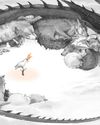
First Impressions
We discover the early influences that inspired the artist
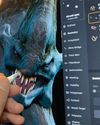
ZBrush for iPad
GAME CHANGER The desktop version of popular 3D sculpting software ZBrush has been redesigned for iPad - and it's brilliant

BenQ GW2786TC
GET AN EYEFUL Don't scrimp out on your health with a monitor that's kind on the eyes and good for creative tasks
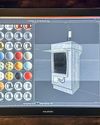
Huion Kamvas Pro 19
TABLET WARS An attractive pen display does an excellent job of balancing price and performance as it sets out to challenge its rivals in the mobile marketplace
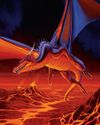
DRAGON OFORCEC
Legendary D&D artist Larry Elmore explains the keys to crafting timeless fantasy art.
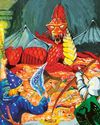
DUNGEON MASTERS
ImagineFX marks the milestone 50th anniversary of the launch of Dungeons & Dragons with a look at its rich tradition of illustration
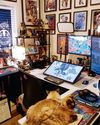
Erik Ly
Gamer's haven Why the artist enjoys a maximalist aesthetic more than the minimalist approach.
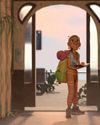
2D meets 3D: How the workflows are merging
Interdimensional As VFX and animation evolve and tools become more accessible, Tanya Combrinck asks whether the separation between the mediums is reducing